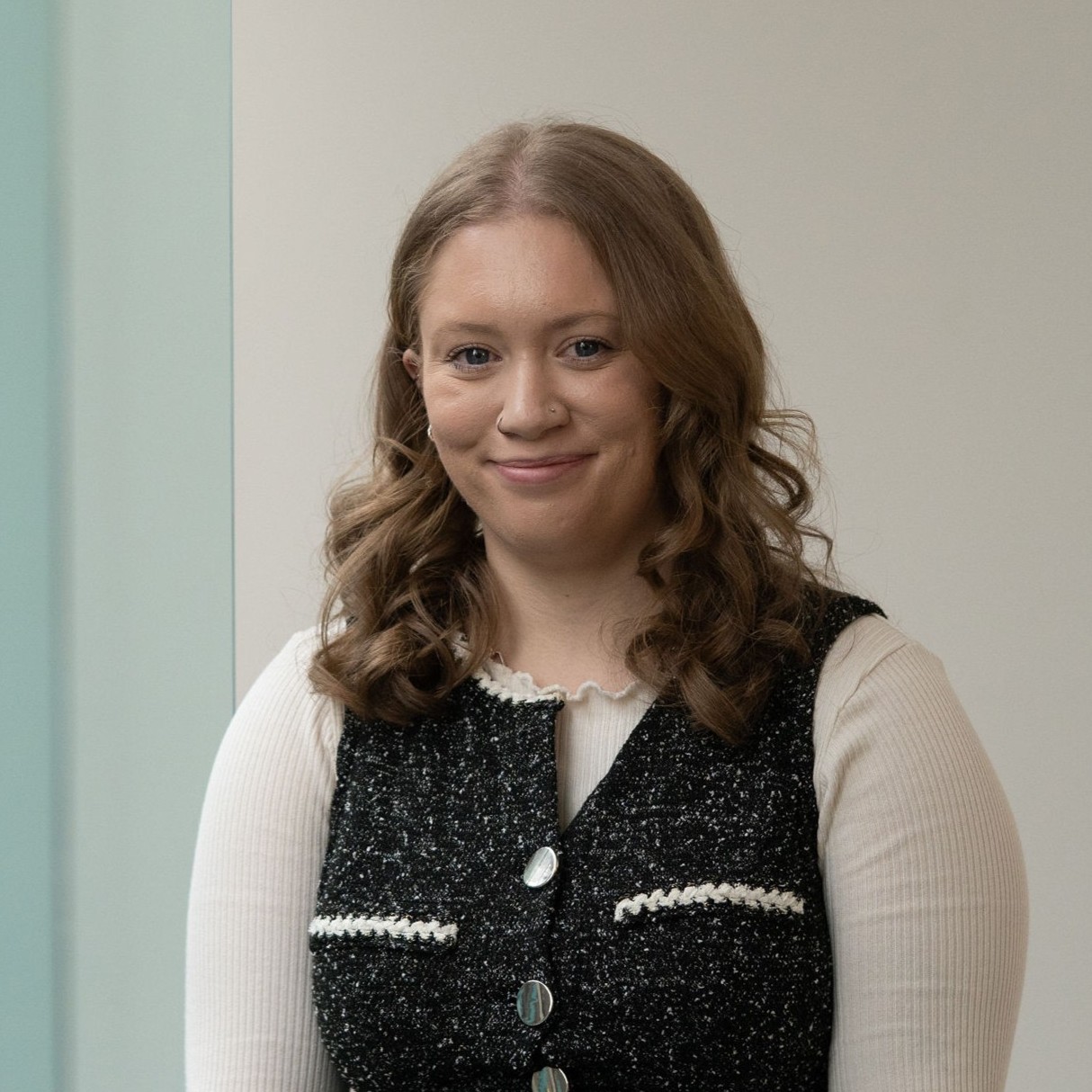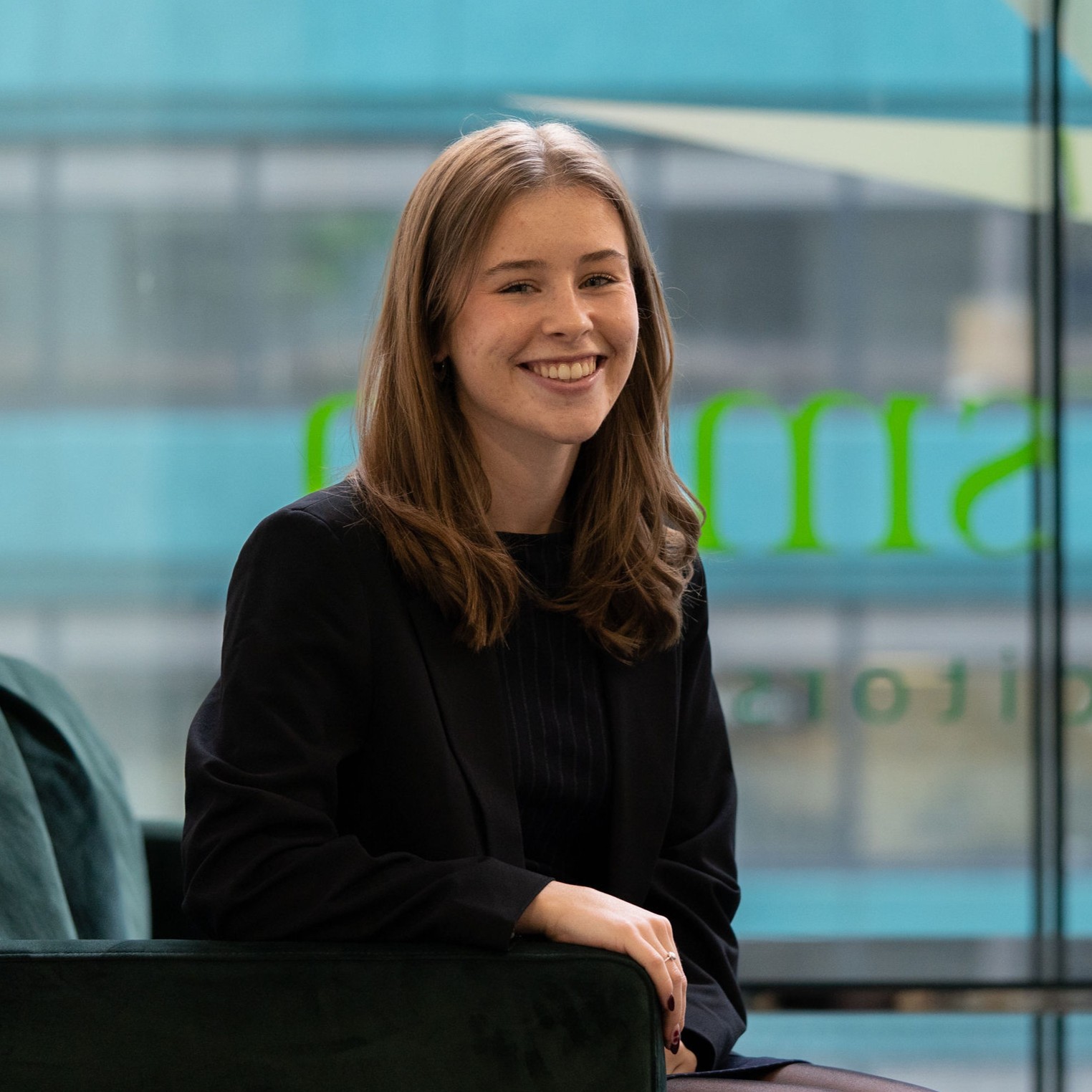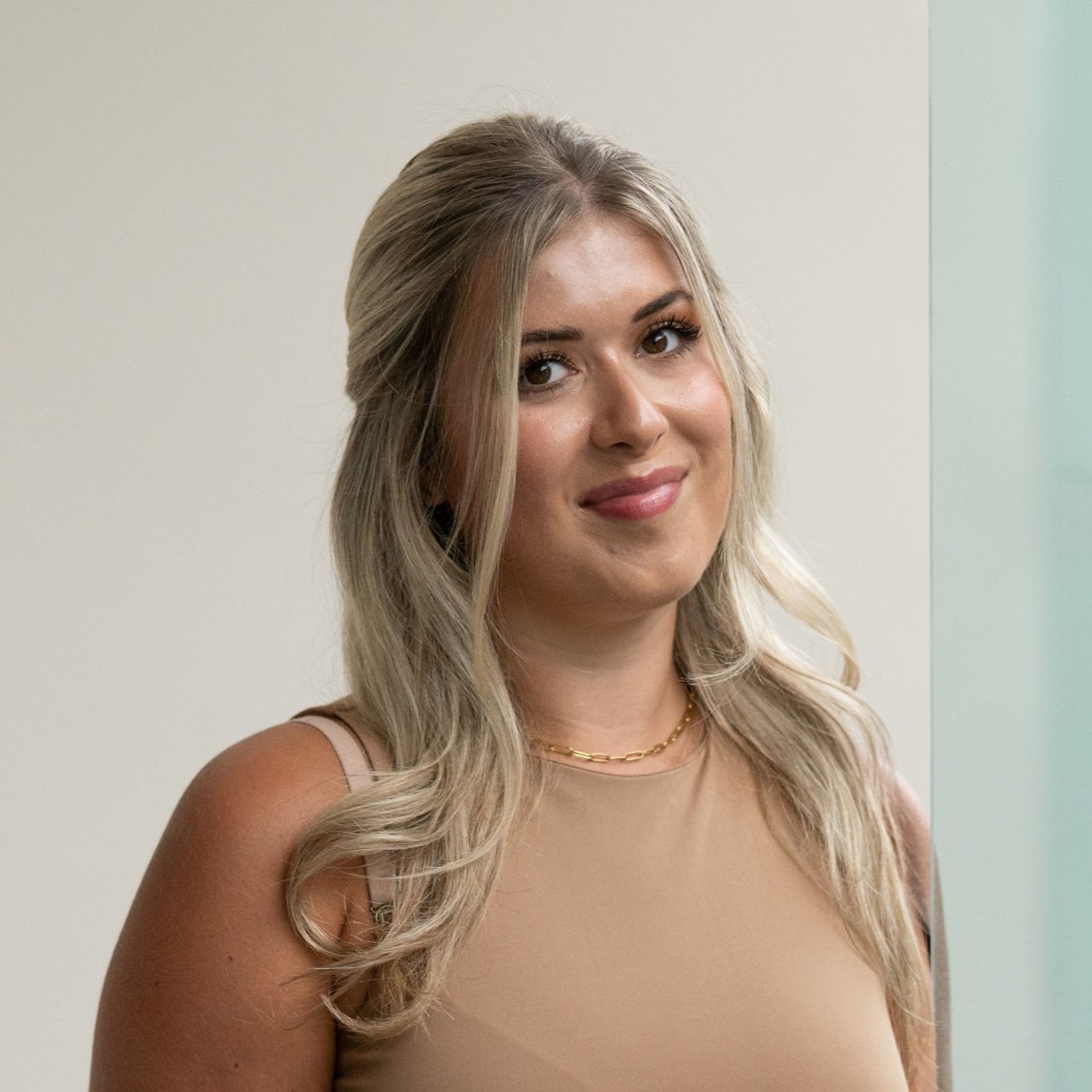At Wake Smith Solicitors, we understand that your children are your top priority. Deciding how they will spend time with each parent after separation can be one of the hardest and most emotional parts of the process. Our experienced children law solicitors are here to guide you with care, clarity, and a focus on your child’s wellbeing.
As part of our wider Family and Divorce Law services, we provide practical advice and representation to help parents reach fair, balanced, and child-focused arrangements — whether through negotiation, mediation, or court proceedings.
What Is a Child Arrangements Order?
Over the years, the courts have used different terms for applications involving children, including:
-
Child custody
-
Child access
-
Residence
-
Contact
-
Shared residence
-
Shared custody
- Live with
- Spend time with
Today, these are all brought together under the term Child Arrangements Order, which sets out how and when children spend time with each parent. It can cover living arrangements, contact schedules, and other key aspects of your child’s routine.
Specific Issue and Prohibited Steps Orders
In some cases, disagreements may arise over particular decisions, such as:
-
Which school a child should attend
-
Medical treatment choices
-
Whether a parent can take a child abroad to live or on holiday
- What name the child should have / go by
The court can make a Specific Issue Order to resolve these kinds of questions.
Alternatively, if there’s a concern about a parent taking a particular action — such as removing a child from school or preventing contact — the court can make a Prohibited Steps Order to restrict that behaviour.
Putting Children’s Welfare First
In every situation, the court’s main concern is the welfare of the child. Our role is to help you reach arrangements that protect your children’s best interests and allow both parents to enjoy meaningful time with them.
We aim to resolve matters sensitively and constructively, minimising conflict wherever possible and helping you focus on what truly matters — your children’s happiness and stability.
Speak to Our Family Law Team Today
Wake Smith offers a free 30-minute initial appointment where you can discuss your situation and get clear advice about your options.
Complete the Contact Us form below to arrange a call back, or call 0114 266 6660 to arrange your consultation today.
FAQs
Can my ex stop me seeing my child?
The Court will always encourage a parent to spend time with a child as long as the time is in the child’s best interest. If the other parent has stopped you from seeing your child, then you should seek advice from a solicitor as soon as possible. Usually, unless there is good reason for the other parent’s refusal, a solicitor should be able to negotiate arrangements between you and the other parent. However, if an application to the court does become necessary then leaving it too long before making an application to the court can cause added issues and so it is always better to seek assistance from a solicitor or the court sooner rather than later.
Do I have to pay child maintenance?
When do I stop paying child maintenance?
If you are a parent who is paying child maintenance for a child who does not live with you, then you should continue to pay child maintenance for that child until they reach the age of 16 or 20 if they are in full time education up to A-level or equivalent. Child maintenance can also cease if for instance the child stops being eligible for child benefits, the parent being paid stops being the child’s main carer, the parent being paid doesn’t want it any more, either parent dies or the paying parent is eligible for the NIL Rate because they’re a student or a prisoner.
Can the other parent stop me taking my child abroad?
If you are a parent of a child and the other parent has parental responsibility then the other parent can prohibit you from taking your child abroad without their consent. If you have a residence order or a live with order then you can take your child abroad for a period of 28 days without the other parent’s consent. If the other parent is refusing to allow you to take your child on holiday abroad then you will need to make an application to the court for a specific issue order allowing you to remove your child from the jurisdiction for a holiday, otherwise this could be viewed as a criminal offence of child abduction.
Is it the law that a child(ren) should spend equal time (shared care) with both parents after separation?
It is presumed that the welfare of a child(ren) which is the court’s paramount concern will be furthered if both parents are involved subject to this not causing harm to a child(ren). This does not necessarily mean however that a child(ren) must spend equal amounts of time with each parent and, if agreement cannot be reached the court will look at the individual circumstances of the child(ren) and decide what is in their particular best interests.





